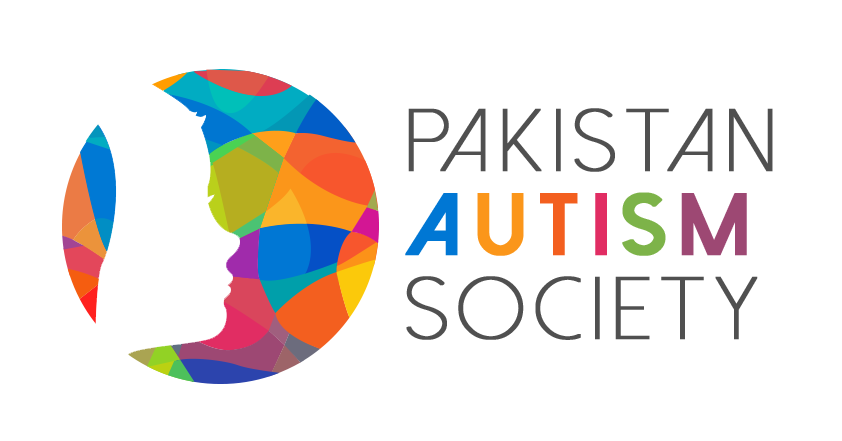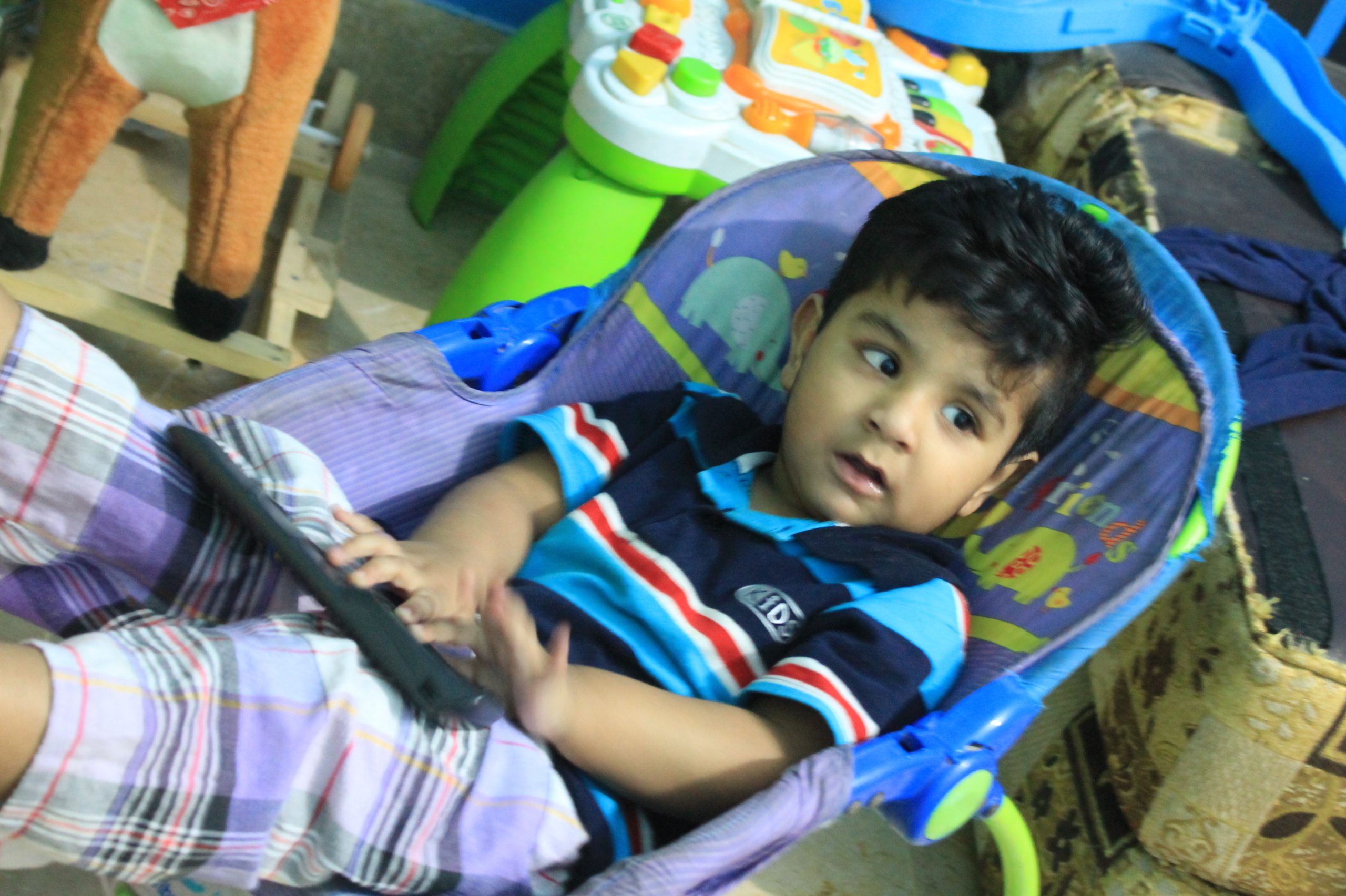Autism, also known as Autism Spectrum Disorder (ASD), is a worldwide phenomenon, and Pakistan is no exception. However, due to a lack of awareness and resources, autism is often misdiagnosed, and children with autism in Pakistan often do not receive the support and services they need.
According to a study conducted by the Pakistan Autism Meetup Group, the prevalence of autism in Pakistan is estimated to be 1 in 89 children. However, due to the lack of awareness and resources, many cases go undiagnosed or misdiagnosed, which can result in delayed or inappropriate interventions.
One of the major challenges in addressing autism in Pakistan is the lack of awareness and understanding of the condition. Many people in Pakistan still believe that autism is a result of poor parenting or a lack of discipline. This misconception can lead to stigma and discrimination against individuals with autism and their families. To combat this, there is a need for increased education and awareness about autism, its causes, and appropriate interventions.
Another significant challenge in addressing autism in Pakistan is the lack of resources and services. There are only a few specialized centers for autism diagnosis and treatment in the country, and they are often located in urban areas, making it difficult for families living in rural areas to access them. Furthermore, the cost of diagnosis and treatment can be prohibitively expensive for many families, making it difficult for them to access the support they need.
The lack of resources and services also extends to the education system. There are very few schools in Pakistan that cater to the needs of children with autism. As a result, many children with autism are either excluded from mainstream education or are forced to attend schools that are not equipped to meet their needs. This can have a significant impact on their academic and social development, as well as their overall quality of life.
Despite these challenges, there are some positive developments in addressing autism in Pakistan. In recent years, there has been an increase in the number of organizations and advocacy groups working to raise awareness about autism and provide support to families affected by the condition. These organizations offer services such as counseling, training for parents and caregivers, and support groups for individuals with autism and their families.
In addition, there have been efforts to integrate individuals with autism into mainstream society. For example, in 2019, the Pakistani government announced a policy to reserve 1% of government jobs for individuals with disabilities, including autism. This policy is a positive step towards creating a more inclusive society and providing opportunities for individuals with autism to contribute to society.
In conclusion, autism is a significant challenge in Pakistan, but there are opportunities for improvement. Greater awareness, better resources and services, and more inclusive education policies are needed to ensure that individuals with autism can access the support they need and reach their full potential. With the right interventions, individuals with autism in Pakistan can lead fulfilling and meaningful lives and contribute to society in valuable ways.













